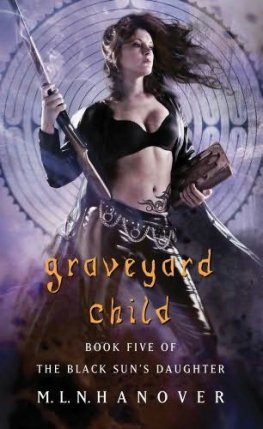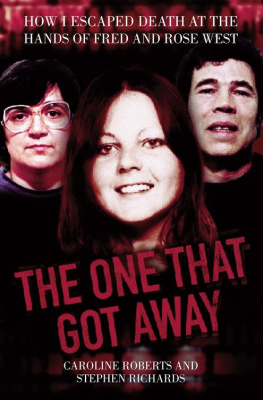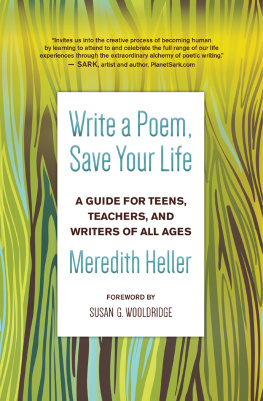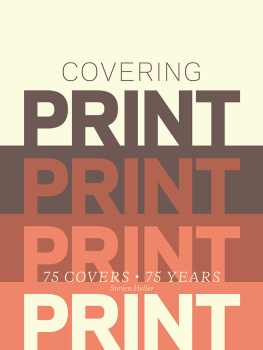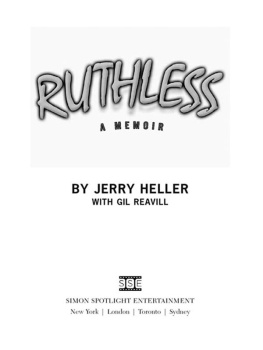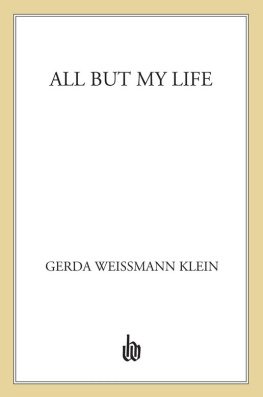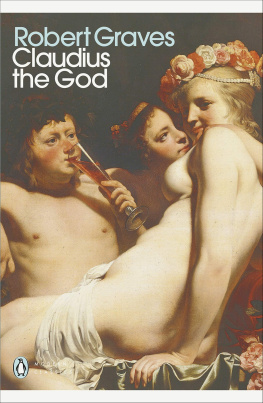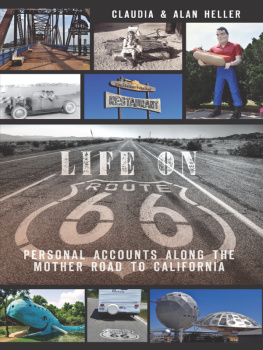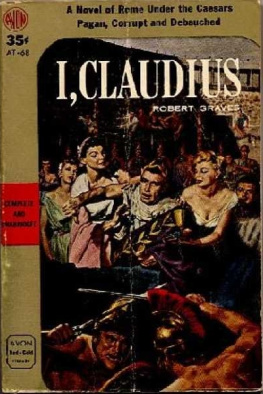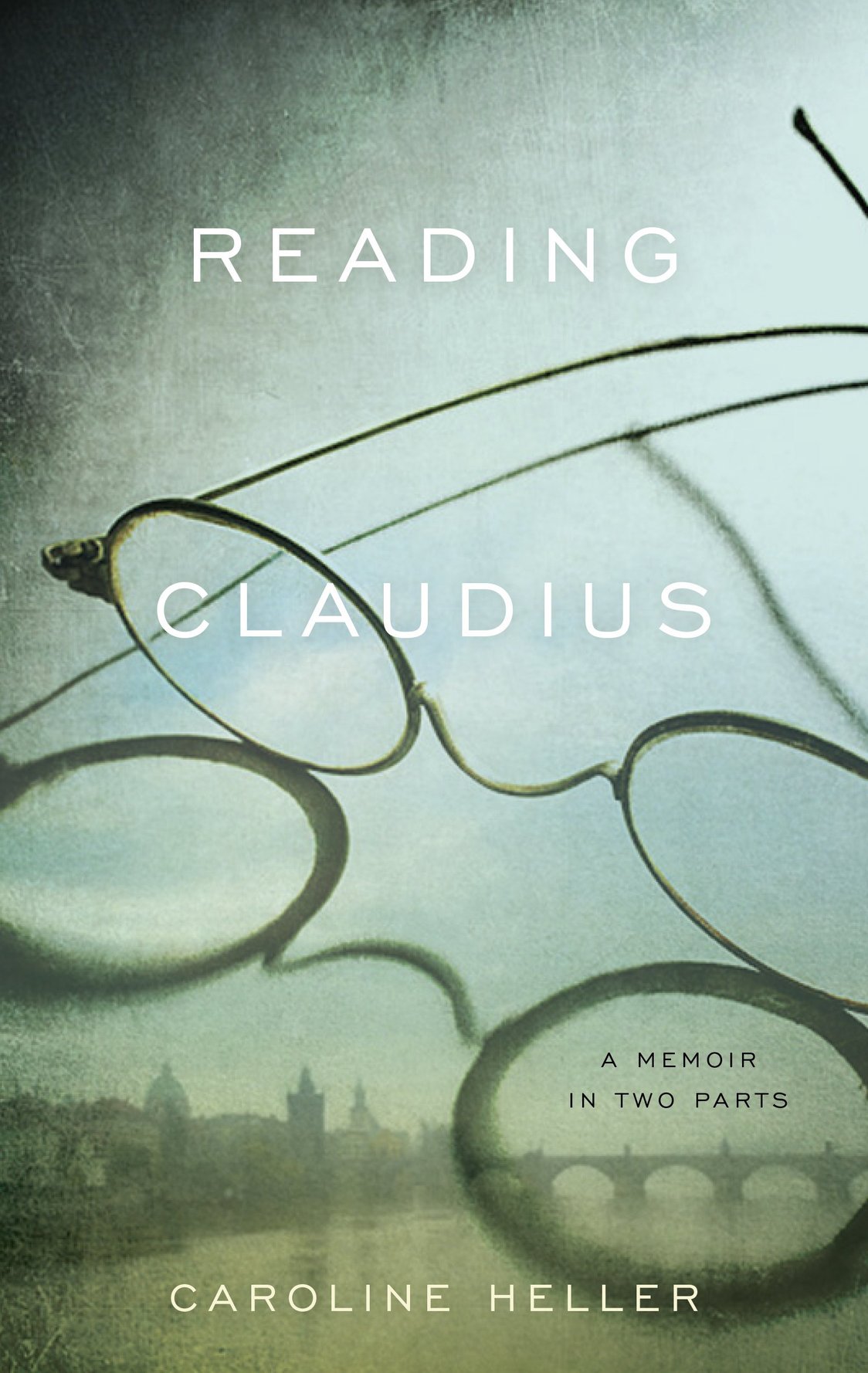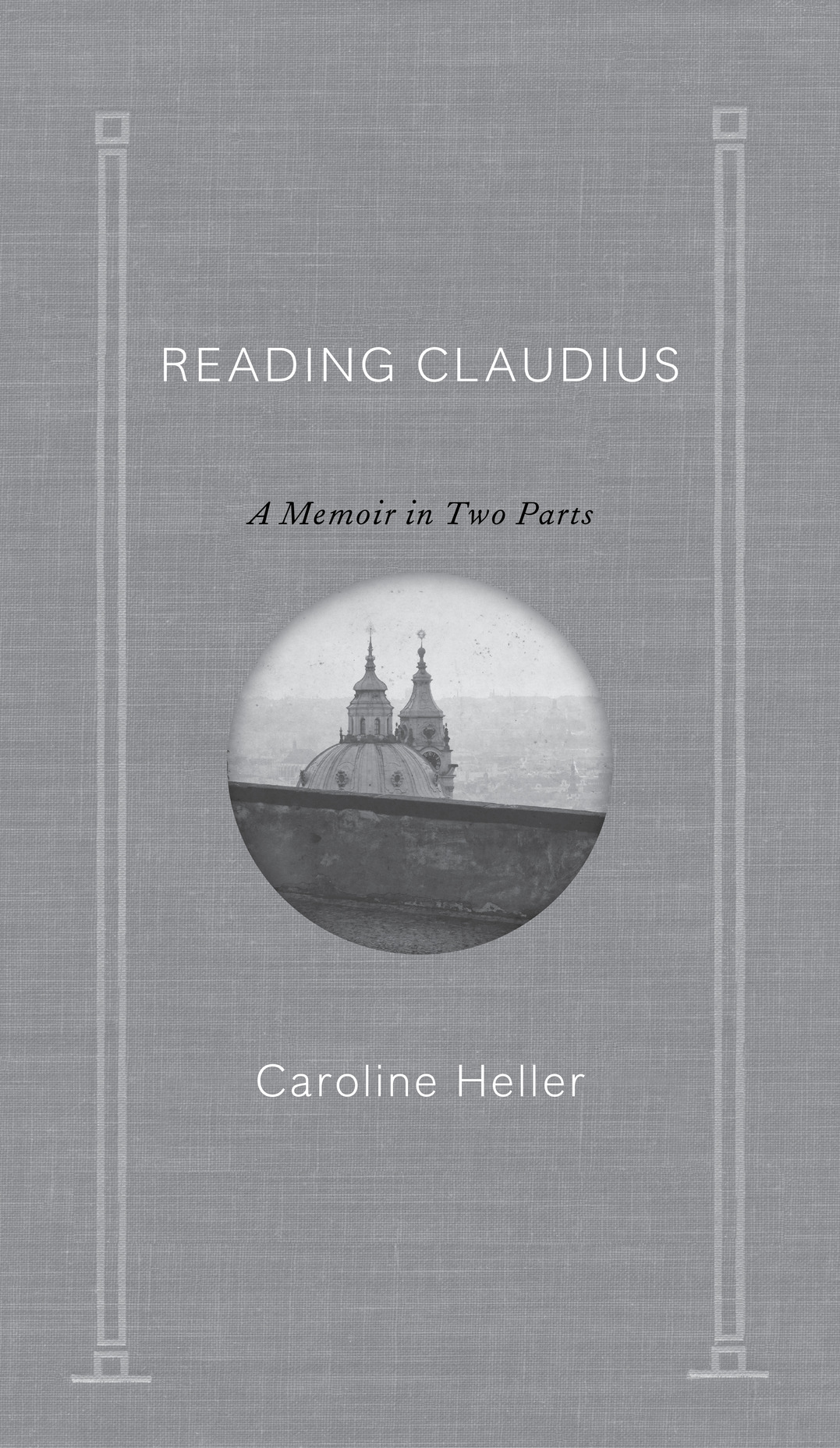All rights reserved.
Published in the United States by The Dial Press, an imprint of Random House, a division of Penguin Random House LLC, New York.
T HE D IAL P RESS and the H OUSE colophon are registered trademarks of Penguin Random House LLC.
Reading Claudius : a memoir in two parts / Caroline Heller.
Includes bibliographical references.
1. Heller family. 2. JewsCzech RepublicPragueBiography. 3. JewsCzech RepublicIntellectual life20th century. 4. Heller, Caroline. 5. Czech RepublicEthnic relations. 6. Holocaust, Jewish (19391945)Czech Republic. I. Title.
Cover photographs: Prague, Maurice Alexandre F. P./Getty Images; spectacles, Ramesh Amruth/plainpicture
FOREWORD
Shortly after the death of my father in 2001, I felt compelled to craft my familys story into words on the page. Initially, I tried writing the chapters out of chronological sequence. These would be the easier chapters, I thought. As fallible as memory is, at least I was there, a witnessing narrator, already part of the story. From the very beginning of embarking on the research that led to Reading Claudius, I agonized over how I would write about events that took place before I was born. Despite immersing myself in archives, interviews, letters, and books, when I turned to writing the chapters that focus on my parents and uncles early lives, I became paralyzed. Rich with information from research, I still had no way of knowing how the light looked through a window, what someone wore, the inflection of someones voicewhat the philosopher Michel de Certeau refers to as the immense remainder that makes lives real and a story about those lives larger than a compilation of facts.
I experimented with different possibilities. I tried to enter the narrative at certain junctures, dispersing phrases like: I think they told me, I dont know with certainty, but, There is a good chance that But the insertions created a nervous glancing-over-the-shoulder feeling in the text, an awkwardness that seemed to diminish the possibility of immersion in my parents and uncles early worldboth for me and, I thought, for my audience.
That strategy failing, I turned to other writers. There isnt a self-evident way of going about it, says W. G. Sebald in an interview about his efforts to narrate history. You gather things up like a person who leaves a burning houseYou adulterate the truth as you try to write it. Alice Munro seemed to agree, describing the process of writing her own familys story, The View from Castle Rock, as one of sifting the untrustworthy evidence, linking stray names and questionable dates and anecdotes together, hanging on to threads, insisting on being joined to dead people and therefore to life. And because he brought such sly sad humor to the question of narrating a familys past, I felt particularly close to Delmore Schwartz. In my favorite of his stories, In Dreams Begin Responsibilities, the protagonist goes to a movie theater and inexplicably finds himself watching a film about his parents lives before he was born, rather than the movie he came to see. He starts to talk back to the screen, trying to insert himself into the narrative so that he can fashion the story into the one he wants it to be. What are you doing?! a theater usher shouts, running down the aisle toward where the man sits. Dont you know you cant do whatever you want to do? he scolds as he grabs the mans arm and ejects him from the theater. You cant carry on like this!
But how does any writer avoid carrying on like this as she summons the presumption and temerity to cross the border between present and past, living and dead? If she inserts herself into the story, as I tried to do, the reader will rightly ask, What are you doing here? But if she aims to be an omniscient narrator, her reader will just as rightly ask, Where are you?
I eventually made the decision to allow myself to imagine some of the historical detailsthe expressions and clothing, the dialogue and gestures, thoughts, and emotions, as they may have occurred in the holes left empty by those letters, interviews, and archives, and to provide detailed source notes that describe the research that contributed to the rendering of each chapter.
In The Human Condition, the philosopher Hannah Arendt, a dear friend of my uncle Erich who frequently visited my parents home when I was a child, wrote that compared with the reality which comes from being seen and heard, even the greatest forces of intimate lifelead an uncertain, shadowy kind of existence unless and until they are transformed, deprivatizedinto a shape to fit them for public appearance. She calls such stories the subjective in-between.
Though the contours of each historical chapter comprising Part I are fundamentally factual, in the everyday details I evoke, I called on my parents and uncle to subtly deputize me to be their chronicler, allowing myself to enter the subjective in-between. I did so not because I believe a writer accomplishes higher artistry or truth when she lets her imagination enter in, but because doing so seemed necessary to capture as closely as possible the spirit of what Claire Messud calls life being lived. At the heart of things, Messud writes, whatever the ideas and ideologies, the violations and violence, the peculiarities of culturealways at the heart are ordinary people, and there is just life being lived: tables and bread and toilets and scissors and cigarettes and kisses. Unable to know my parents and uncles early world in its fullness, I tried in this way to approximate a representation of its wholeness. Doing so was my way of fulfilling a lifelong yearning to literally make my parents world whole again, to bring back that dense mingling of the intellectual, the artistic, the social, and the political that defined their early livestheir lost Atlantis of prewar Central Europe.
I had no need to wrestle with a narrative style for the Prologue or for Part II of Reading Claudius. My challenge here was of a different nature: overcoming my resistance to adding my own story to that of my parents and uncle. Like many heirs of the Holocaust, I carry a sense that the drama and losses of the past eclipse what seem like (and often are) the more prosaic dramas of our more immediate present. Thus, I originally intended Reading Claudius to be solely about my parents and uncles lives, not about my own. But a price is paid for survival, and indeed keeps getting paid generationally, though not in the exact same coin. Writing the Prologue and Part II necessitated varieties of self-scrutiny that I hadnt anticipated having to undertake, transforming


